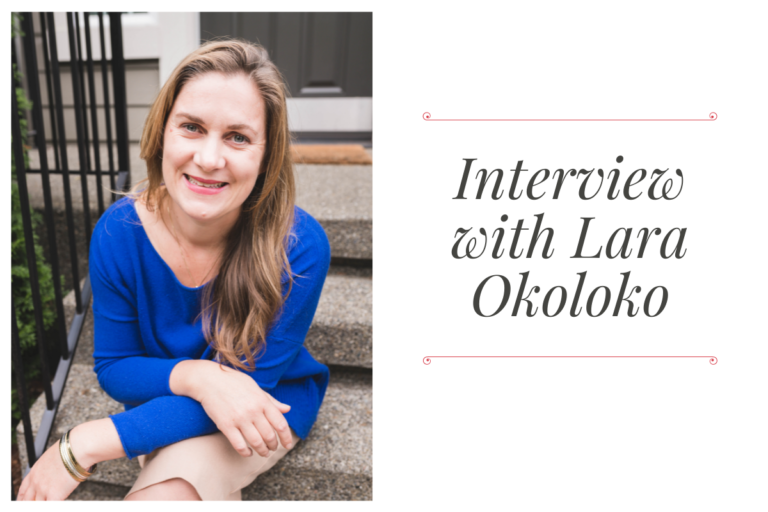I’m thrilled to introduce Lara Okoloko today, who will be sharing her valuable insights on the CRAFT Approach and its benefits for those impacted by substance use.
She provides important details about why the CRAFT method is beneficial for many families.
I believe you’ll find our conversation very informative. Watch the interview with Lara by clicking the link below!
Below are key takeaways from my discussion with Lara Okoloko.
What inspired you to engage with the CRAFT Approach, and how does it assist families?
- Lara, a social worker, became a therapist as she learned about the Community Reinforcement and Family Training Approach, known as CRAFT.
- From the start, CRAFT resonated with Lara, demonstrating strong effectiveness.
- She became certified in CRAFT for personal insights and is now trained by Robert Meyers to educate others on the approach.
- We can reduce the number of people suffering from substance use disorders significantly.
- Families play a crucial role in providing protection.
- Isolation is a major risk factor for individuals.
- Many methods suggest cutting off relationships or issuing ultimatums, which heightens isolation and undermines support systems—this approach seems ineffective to me.
How can parents combat feelings of shame and blame regarding addiction?
- Lara emphasizes that parents should recognize they are giving their best efforts and that there’s always room for growth.
- It’s important to tackle the confusing messages that suggest parents are to blame or have caused addiction, including hurtful comments like “you’re loving your child to death.”
- This misconception about control leads many to feel helpless.
- From parenting toddlers to young adults, we are all striving to do better moment by moment. Continuous improvement is key.
- It’s vital for us to look back at our previous selves with kindness and understanding.
- My goal is to encourage gradual improvement.
- I find the term co-dependency unhelpful as it is not a recognized mental health diagnosis.
- Numerous bestselling books discuss co-dependency, often encouraging readers to self-diagnose through checklists; this is not standard practice for mental health professionals.
- Such narratives often provoke shame, even if unintended by the authors.
- The notion that people become addicted to chaos is fundamentally a judgmental perspective.
- Instead, it’s more constructive to examine one’s role in a relationship—what is unhelpful for both you and your loved one? What alternative behaviors can you adopt?
- We can explore those questions without stigmatizing people’s efforts to create harmony in dysfunctional family dynamics.
- It’s unnecessary to label people as diseased for their attempts to support family balance.
What advice do you offer families when facing relapse?
- A slip refers to a one-time incident of substance use.
- The objective is to help individuals learn from these incidents and avoid them turning into habitual patterns.
- I view relapse as a persistent substance use issue that disrupts people’s lives.
- While slips can be distressing for families, they are not the end.
- There is often a chance to guide someone back to healthier habits rather than allowing them to fall deeper into substance problems.
- The “abstinence violation effect” occurs when someone decides to forgo a behavior, like swearing off alcohol or sugar, and then feels defeated after a slip.
- This can lead to reckless behavior, as illustrated by the “screw it” mentality—you might indulge fully after a minor setback.
- A more constructive approach is to manage the slip; you could recognize you had a bit of cake and choose to stop instead of spiraling.
- In their fear, families can inadvertently escalate the violation effect.
- Common negative comments from family might include, “All this treatment was for nothing” or “Didn’t you learn anything?”
- Parents can respond in ways that alleviate that pressure: “I know this is disappointing, but tomorrow is a new day.”
- Or, “We all feel let down by this, but let’s discuss who you may reach out to for support.”
- Remind them that all they’ve learned is not erased by one instance of regression. Focus on what matters: How can I support you moving forward?
- Our focus should be on recovering from the current situation rather than reinforcing feelings of failure. What now?
- People often hear messages to disconnect from their loved ones; isolating them in vulnerable moments is counterproductive.
Any final thoughts?
- If you’re interested in learning more about the Community Reinforcement and Family Training Approach or CRAFT, don’t hesitate to reach out to Lara. She can guide you to helpful resources to support you and your loved one.
- The resources mentioned by Lara during our talk are listed below.
- Dr. Robert Weiss authored Prodependence.
- You can find CRAFT books and resources here:
- Helping Families Help provides numerous CRAFT resources and programs:
Lara Okoloko, LICSW, is a licensed clinical social worker based near Seattle, Washington. She runs a psychotherapy practice focused on assisting families affected by a loved one’s substance use challenges. Her respectful, collaborative, and solution-focused approach includes being a certified trainer in the evidence-based practice of Community Reinforcement and Family Training (CRAFT). Besides her therapy work, Lara teaches in the MSW program at the University of Washington and supervises clinical social workers pursuing licensure. You can find more about Lara at her website.
Discover research-backed strategies to inspire your child to make positive changes. Add the Sunday newsletter to enhance your weekly routine. Sign up now.


